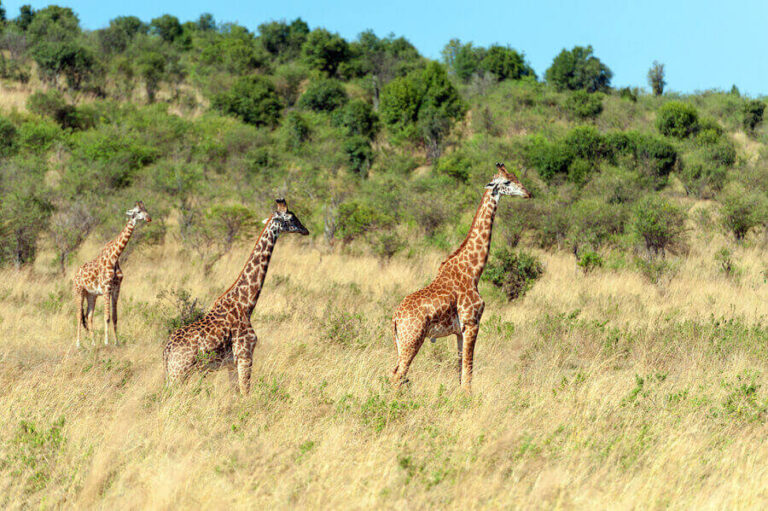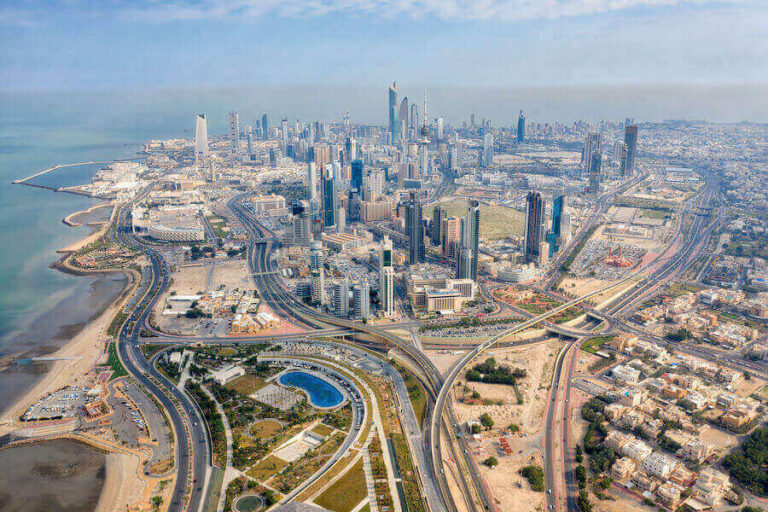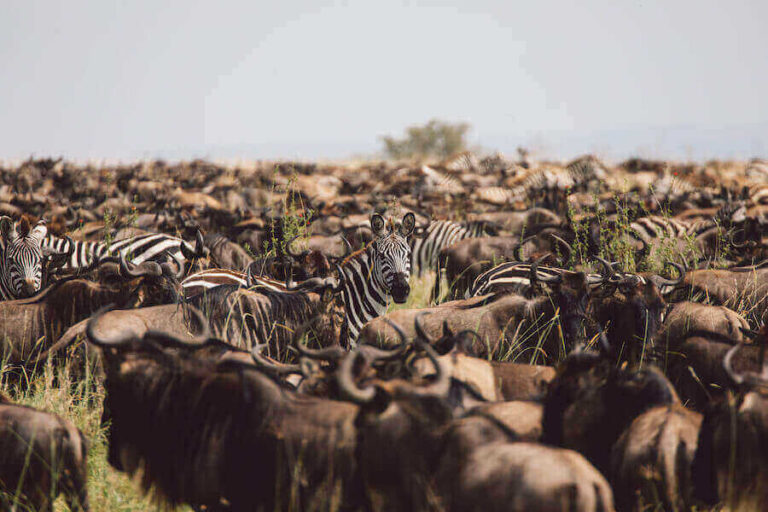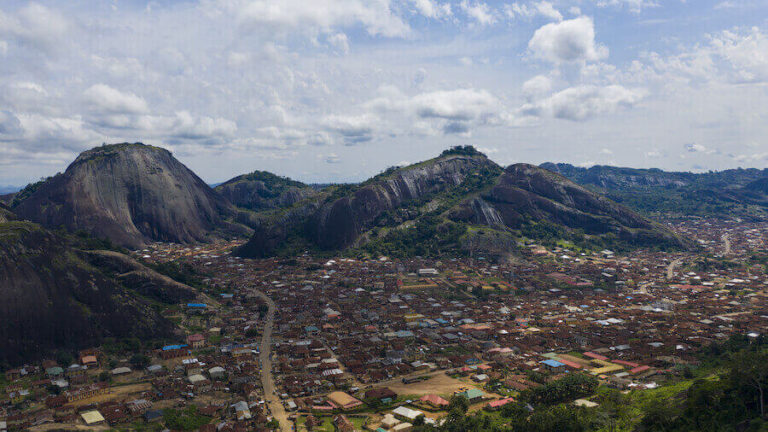Does It Snow In South Africa
Yes, it does snow in South Africa although it is not common all across the country. South Africa generally has a Mediterranean climate, with hot, dry summers and mild winters. It does occasionally snow in the Drakensberg Mountains in the east and the Lesotho Highlands in the south.
The Cape of Good Hope has a mild climate, with temperatures rarely rising above 85 Fahrenheit (29 Celsius). While it’s generally sunny throughout the year, the area can get quite windy.
The rest of South Africa is generally hot and dry during the summer months and cold and humid in winter. Rainfall varies from region to region. Snow is rare across the country except in the mountain regions.
South Africa Overview
South Africa is located at the southern tip of the African continent and is bordered by Namibia, Botswana, Zimbabwe, Mozambique, and Swaziland. It has a population of over 55 million people.
The country’s official languages are Zulu, Xhosa, Afrikaans, English, and Portuguese. South Africa has 11 national parks and numerous nature reserves which cover about 23% of the country.
The country is rich in cultural and natural diversity, ranging from the vibrant cities of Cape Town to the stunning landscapes of the Kruger National Park. South Africa has a long history of human habitation dating back over 3 million years.
Today, it is one of the most ethnically diverse countries in the world with African, European and Asian influences.
South Africa is known for its stunning landscapes, rich wildlife, diverse culture, and vibrant cities. The country has a wide range of attractions from the rugged beauty of the Cederberg Mountains to the vast vistas of Table Mountain in Cape Town.
Wildlife safaris are popular in South Africa as well as whale watching off the coast of Hermanus. There are numerous national parks where elephants, lions, and other wildlife can be seen. The African country is a place of incredible beauty, culture, and adventure.
South Africa For Travel
South Africa is a land of contrasts, and visitors will find plenty to see and do no matter where they go in this amazing country. From the cosmopolitan city of Cape Town to the vast expanses of the Kruger National Park, there’s a whole range of activities on offer.
Outdoor enthusiasts can hike, bike, climb, and raft their way through some of the most beautiful scenery on earth, while history buffs can explore centuries-old ruins and learn about the fascinating culture of the Zulu people.
In addition to its stunning landscapes and wildlife, South Africa is also known for its range of cultural attractions. From the vibrant nightlife of Johannesburg to the unique art galleries in Durban, there are no limits to the things you can dive into. The country is also home to numerous festivals and music events.
And don’t forget about Cape Town – one of the most picturesque cities in the world and a favorite destination for those looking to enjoy a little bit of everything South Africa has to offer.
South Africa Climate
South Africa experiences a generally pleasant climate year-round, with temperatures that are typically mild. It is situated in the Southern Hemisphere and has a mostly temperate climate, with warm summers and cool winters.
Depending on the region, temperatures can range from hot to cold in different parts of the country. The rainy season usually takes place from October to March in most areas, but it’s best to check a local weather report for precise timing.
The Western Cape Province is known for being the most temperate, with winter temperatures that rarely dip below freezing and summers that are relatively mild. The Eastern Cape, on the other hand, is much colder in the winter months and can even experience snowfall in certain parts of the region.
On the coastlines, South Africa experiences an oceanic climate that brings moderate temperatures and plenty of humidity. The interior of the country is much drier and can experience extreme temperatures, with hot summers and cold winters. There are also areas that experience desert-like conditions and some regions receive much more rainfall than others.
Overall, South Africa offers a great climate for travelers who enjoy mild weather with low humidity levels.
Winter In South Africa
Winter in South Africa is a time of year that brings both cold weather and an abundance of holiday celebrations.
The winter season generally begins in June and ends in August, with the average temperature during this time ranging from 18 to 25 degrees Celsius. Although there are occasional colder days, winter in South Africa is typically mild compared to other parts of the world.
In addition to the favorable weather, another attraction of wintertime in South Africa is the many holidays and cultural events that take place during this season. Christmas, New Year’s Day, and Easter are all celebrated with gusto, as are traditional African festivals like Kwanzaa.
Visitors to South Africa during winter can enjoy both the warm temperatures and festive atmosphere that make this season so special.
The winter months in South Africa are also a great time to explore the country’s incredible wildlife. Kruger National Park is home to some of the most diverse and fascinating animals on earth, including lions, elephants, leopards, rhinos, and cheetahs. Visitors can take guided safaris into the park’s vast expanse of bush and savannah, offering an up-close view of Africa’s incredible wildlife.
When Does It Snow In South Africa
Snowfall in South Africa is rare and highly variable, with snow generally only seen in the mountainous and higher-elevation regions of the country. Generally, snowfalls occur during the late winter months between May and August, with some areas experiencing snow as early as April or as late as September.
The country’s most popular ski resort, Tiffindell Ski Resort near the town of Rhodes in the Eastern Cape, typically opens its lifts at the beginning of June and usually remains open until mid-September. The resort is situated on Ben McDhui, South Africa’s highest mountain peak, which has an elevation of 3,001 meters (9,845 feet).
June Climate And Snowfall In South Africa
June is a beautiful month in South Africa, with temperatures ranging from mild to warm depending on the region. In the north and west of the country, the average temperature for June is about 25°C (77°F), while in the south it is usually between 11-15°C (52-59°F). The average rainfall for this month is between 7-15mm (0.3-0.6in).
If you’re heading to the mountains, you’ll find snowfall in some of South Africa’s higher peaks. The Drakensberg mountain range tends to see the most significant accumulations with average June snowfall reaching up to 15cm (6in).
July Climate And Snowfall In South Africa
July in South Africa is a wonderful time of year, with days full of sunshine and pleasant temperatures. It marks the winter season in the southern hemisphere, with cooler days and nights. The average daily temperature during July varies from around 16°C (60°F) to 24°C (75°F) depending on where you are.
The days can get chilly, and if you’re heading to the mountains you will find snowfall in most of the high-altitude areas. For those looking for a more wintery getaway, South Africa offers skiing opportunities at slopes like Tiffindell, Afriski, and Matroosberg.
August Climate And Snowfall In South Africa
August in South Africa is a time of transitioning seasons, with the cooler winter months giving way to spring. The average temperature for the month ranges from highs of around 25˚C (77˚F) in the Northern parts of South Africa to lows of around 10˚C (50˚F) in some southern parts.
Rainfall is not uncommon during August in certain parts of the country. The Western Cape has been known to receive some rainstorms, making it a great destination for those looking for some respite from the sun.
Where Does It Snow In South Africa
Snowfall in South Africa is a rare but beautiful occurrence, with several locations in the country experiencing snowfall every year. The chilly winter temperatures and mountainous terrain of South Africa provide the perfect opportunity for snow to fall in many areas, though some see more of it than others.
One of the most popular and well-known destinations for snowfall in South Africa is the Drakensberg Mountains in KwaZulu-Natal. The highest peak, Thabana Ntlenyana, can see heavy snowfall during winter months.
The Eastern Cape province is another great place to find snow in South Africa, particularly in the mountains of the Tsitsikamma area. The Hogsback Mountains are especially well-known for their snowfall, with some winters seeing up to two feet of white powder covering the area.
Winter And Snow In Major Cities
Winter In Cape Town
Cape Town in winter is characterized by a moderate climate, with temperatures varying from around 10°C (50°F) during the day to around 5°C (41°F) at night. The temperature rarely drops below 0°C (32°F). Although winter is generally dry, there can be occasional rain or snow showers that leave a dusting of snow over the Table Mountain area.
One of the best things to do in Cape Town during winter is to go whale-watching. June through November is the prime season for Southern Right Whales, and you can take boat tours from Hout Bay or Simon’s Town to get up close and personal with these majestic creatures.
Winter In Johannesburg
Winter in Johannesburg is temperate, with summer temperatures often reaching into the mid-30s Celsius (90s Fahrenheit), and cooler winter temperatures that typically drop to between 10-15°C (50-60°F).
Days can be sunny and mild, but there are also times when cold fronts pass over the city bringing rain, thunderstorms, and the occasional snow flurry.
Winter is a great time to visit Johannesburg if you want to explore all the city has to offer without having to deal with extreme heat or humidity. There are many great outdoor activities that you can enjoy during winter.
Hiking, running, and biking around Johannesburg’s parks are one of the best ways to experience nature without having to venture too far out of the city. There are also several outdoor markets, music events, and festivals that take place during winter.
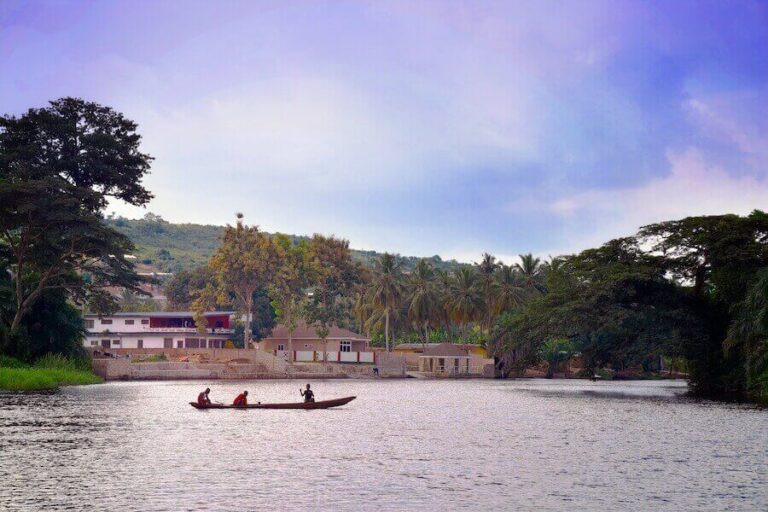
![Does It Snow In Ethiopia [Winter Travel]](https://offseasonbackpack.com/wp-content/uploads/2023/01/does-it-snow-in-ethiopia-768x512.jpg)
